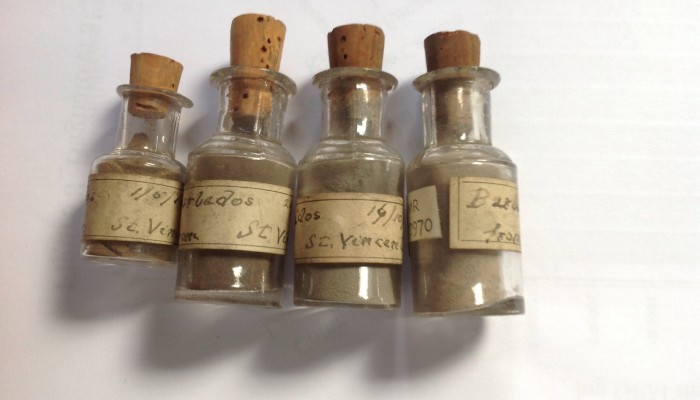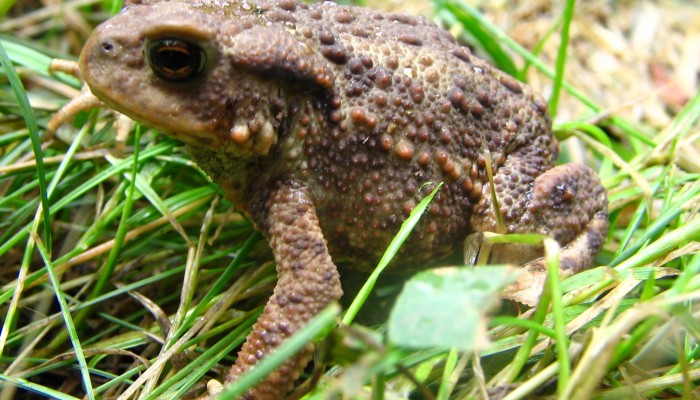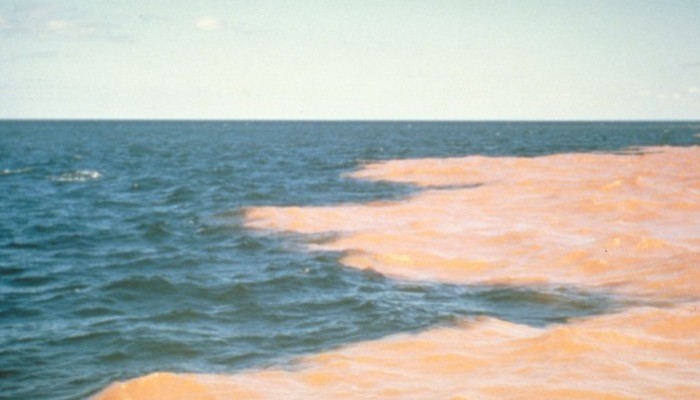Over hundreds and thousands of years, glaciers reshape the landscape beneath them. As they creep forward, the combined weight of the glacier and the perpetual forward movement means the ice continuously erodes away the rock below, permanently changing the terrain. During the last Ice Age much of Scotland and northern Britain were covered by a thick sheet of ice. Where there might have been once a ...[Read More]
If you didn't find what you was looking for try searching again.
Geology for Global Development
GfGD Conference
Register for the 2nd GfGD Conference by the end of August and you’ll be given the chance to win this attractive 60 x 40 cm canvas of geology related pictures. A winner from those registering before 31st August, and in attendance, will be drawn on the day itself. Registration is reasonably priced and easy to do, and we’re expecting a great day. Do let us know if you have any questions o ...[Read More]
Green Tea and Velociraptors
Swing and a miss by the AAAS for open access
The American Association for the Advancement of Science, the world’s largest scientific organisation, recently announced their latest journal, the fully open access ‘Science Advances‘. While superficially this seems like a good move for them, digging into the details reveals many inherent flaws with the journal, that at worst portray the AAAS as a money-grabbing organisation and ...[Read More]
VolcanicDegassing
There’s (volcanic) dust in the archives
There’s not much that beats the thrill of discovery.. particularly when it turns up in your own backyard. This summer, I have been on the hunt for records and reports of the 1902 eruptions of St Vincent, a lush volcanic island in the Eastern Caribbean. There are indeed many reports from this eruption, carefully documented in official records from the time. But, more surprisingly, there are ...[Read More]
VolcanicDegassing
Summer Reading – H is for Hawk
Much of my time is consumed with reading, but it is almost always for a purpose: essays, assignments, proposals, drafts of papers, re-drafts of papers, papers for classes, for review.. This almost always means reading fast, with a goal: to measure, assess, hone, distil, critique and rewrite. Often, it means hacking through tangled and cumbersome layers of scientific prose, to reveal the central ...[Read More]
GeoLog
Imaggeo on Mondays: Fossil dunes
Desert winds continually rework the sands on their surface, shifting grains up the stoss side of a dune to pile the sand higher… until the pile gets too steep and collapses under its own weight. This slipping of material along the front of the dune, allows it to move forward and migrate. The movement of the sand grains up and over the crest of the dunes is recorded in the internal structure of the ...[Read More]
Seismology
Perhaps toads can do that
Probably every seismologist has been asked the question “Can you predict earthquakes?”, or “Is it true that animals can sense an imminent earthquake?”. Despite the crushing answers from some trying to explain that not all seismologist work on earthquake predictions and that there is far more other areas of specialisation, the truth is that researchers are still trying to an ...[Read More]
Between a Rock and a Hard Place
Plastic packaging – a horror film
Zero Waste Week is an opportunity to reduce landfill waste & save money. In its seventh year, the week runs 1st – 7th September 2014. The theme is “One More Thing” – what one more thing could YOU do? Find out more at http://www.zerowasteweek.co.uk/ or on Twitter using #zerowasteweek Ever since I spent a summer working on a landfill site, I think twice before putting any ...[Read More]
Geology Jenga
A much shorter review of flood stratigraphies in lake sediments
Earlier this year my PhD supervisors and I (Daniel) had a paper accepted for publication in Earth-Science Reviews entitled ‘Flood stratigraphies in lake sediments: A review’ (Schillereff et al., 2014). It’s been fairly popular in terms of downloads but it occurred to me the other day that many of those prospective readers may be put off somewhat by its hefty word count. Thus, putting together a sh ...[Read More]
GeoLog
GeoTalk: Matthew Agius on how online communication can help identify earthquake impact
In this edition of GeoTalk, we’re talking to Matthew Agius, a seismologist from the University of Malta and the Young Scientist Representative for the EGU’s Seismology Division. Matthew gave an enlightening talk during the EGU General Assembly on how communication on online platforms such as Facebook can help scientists assess the effect of earthquakes. Here he shares his findings and what wonders ...[Read More]



